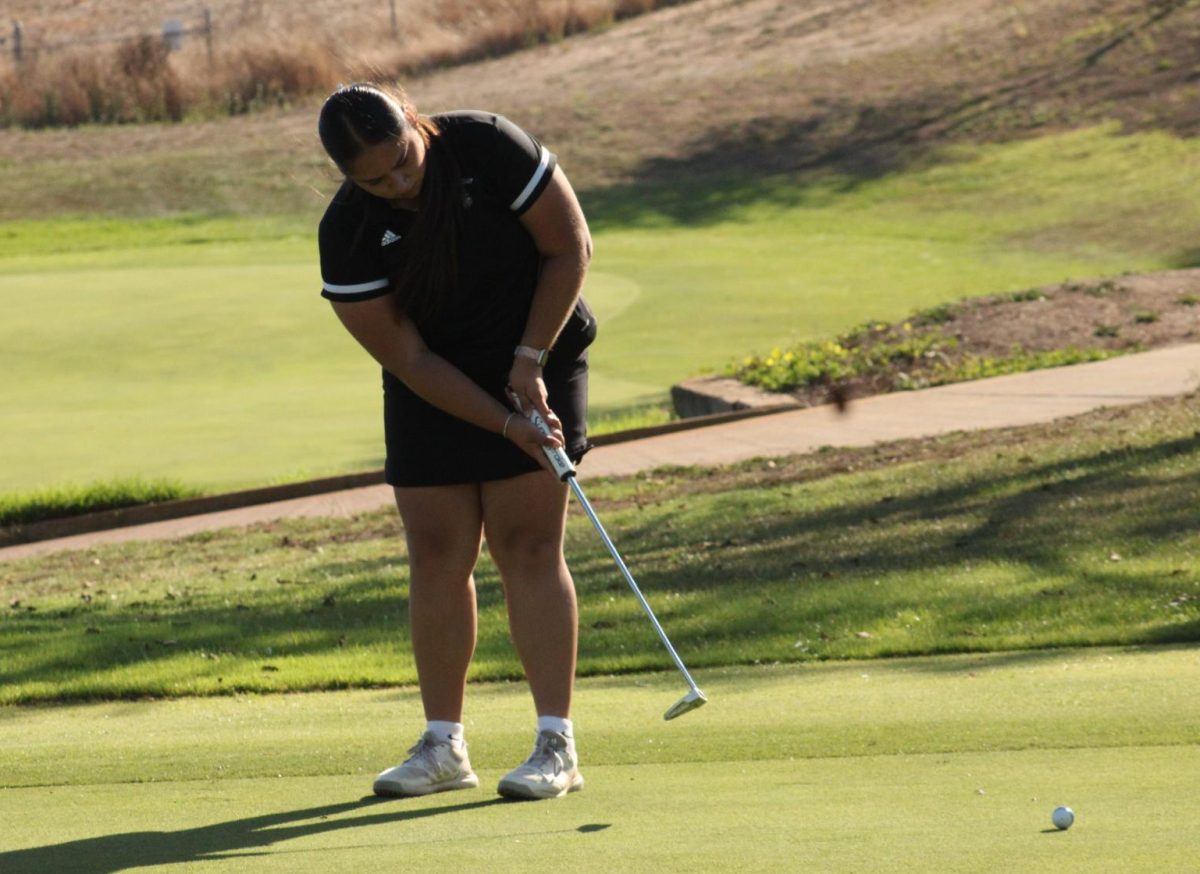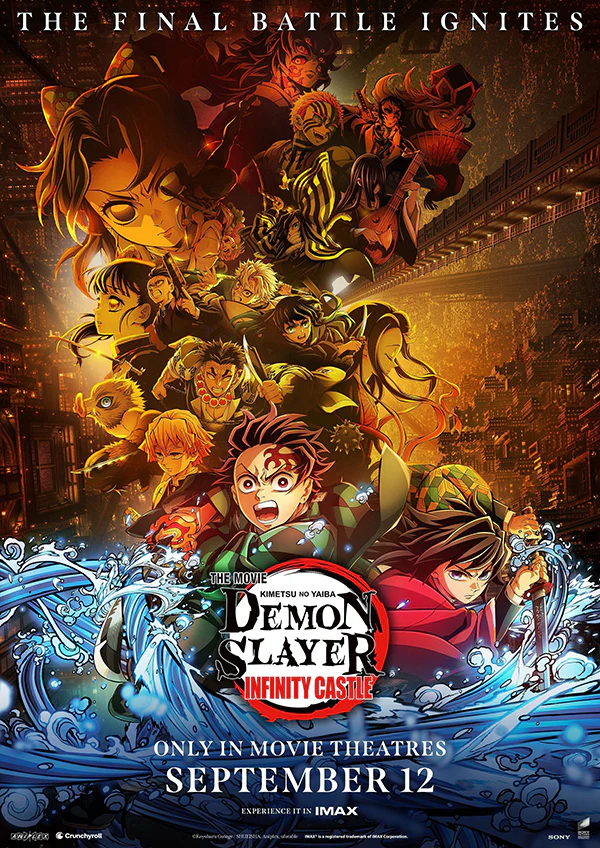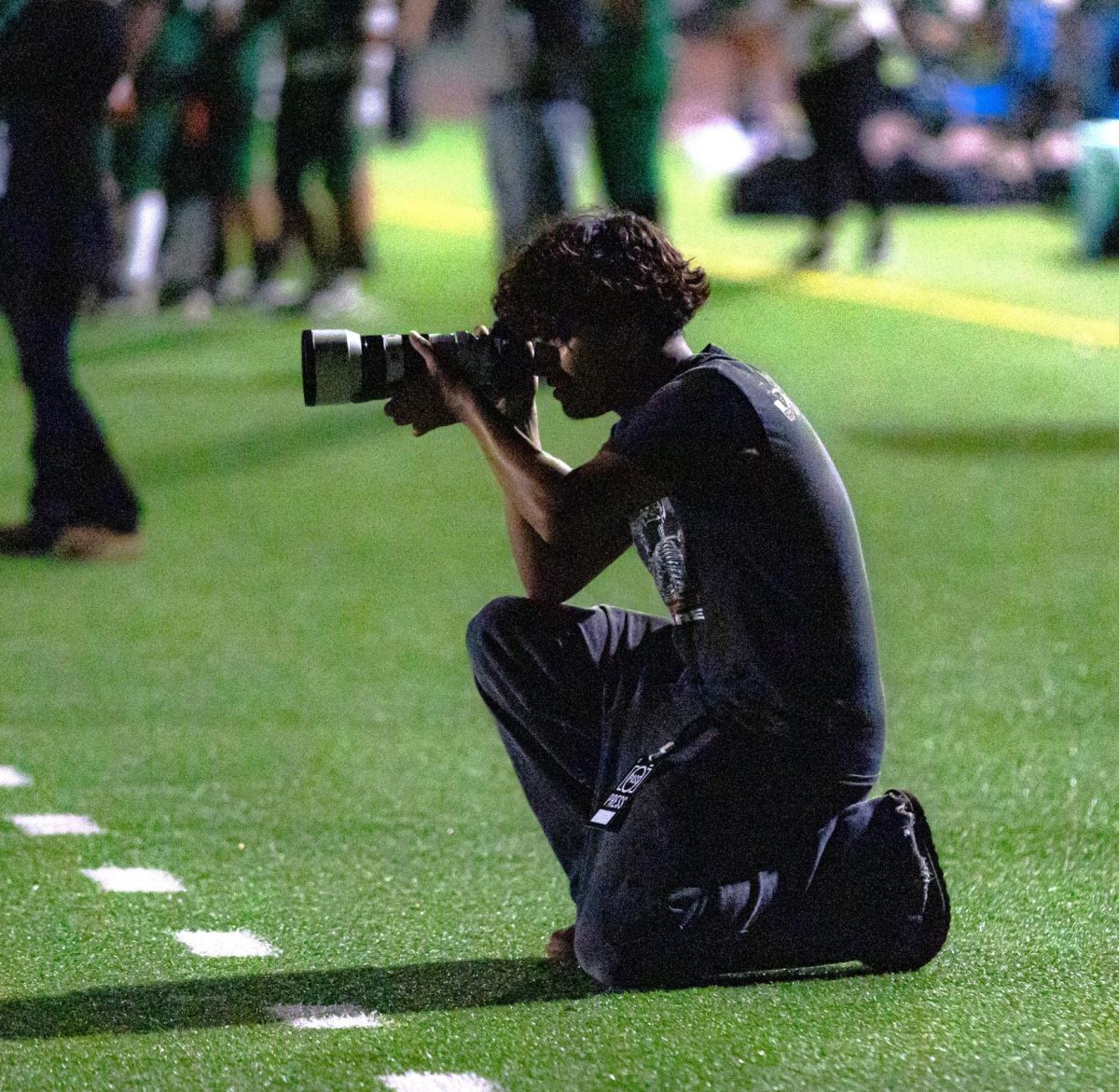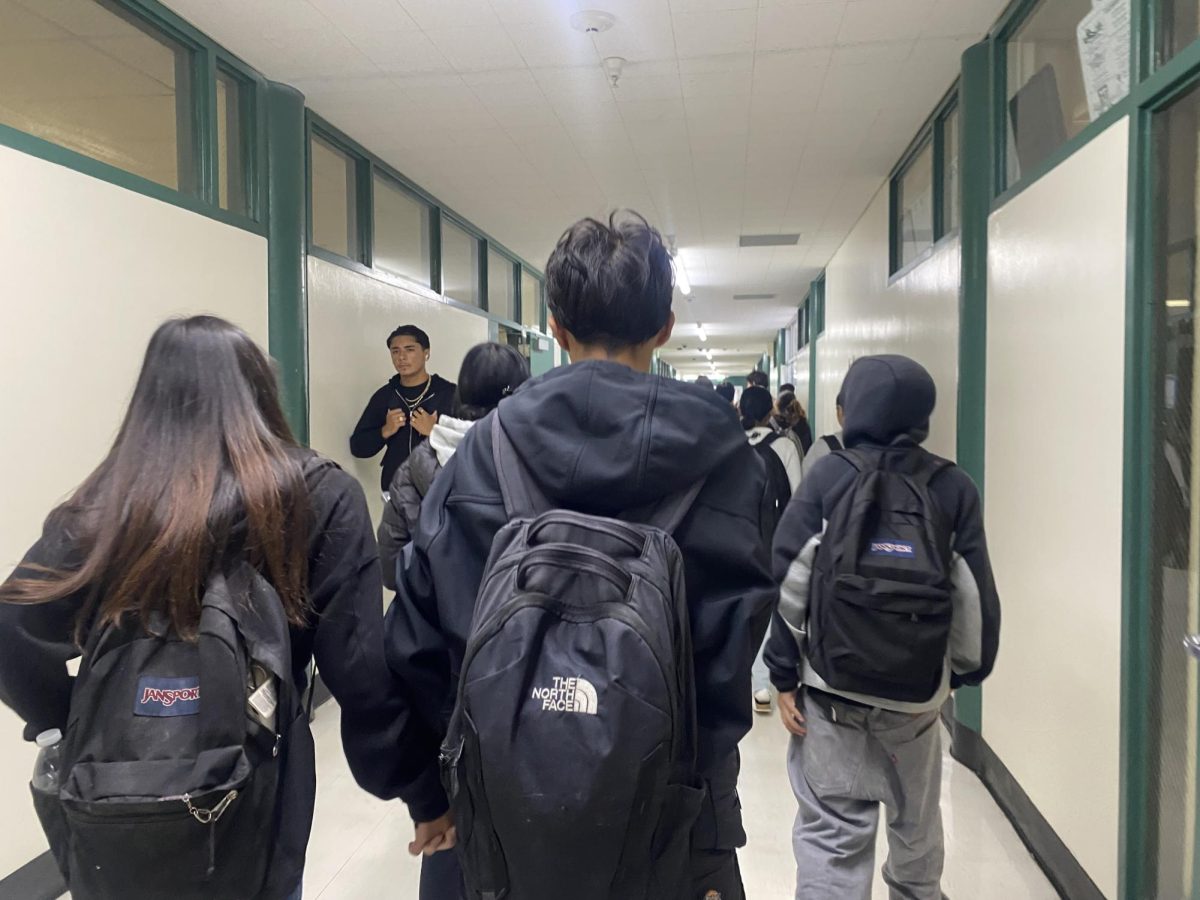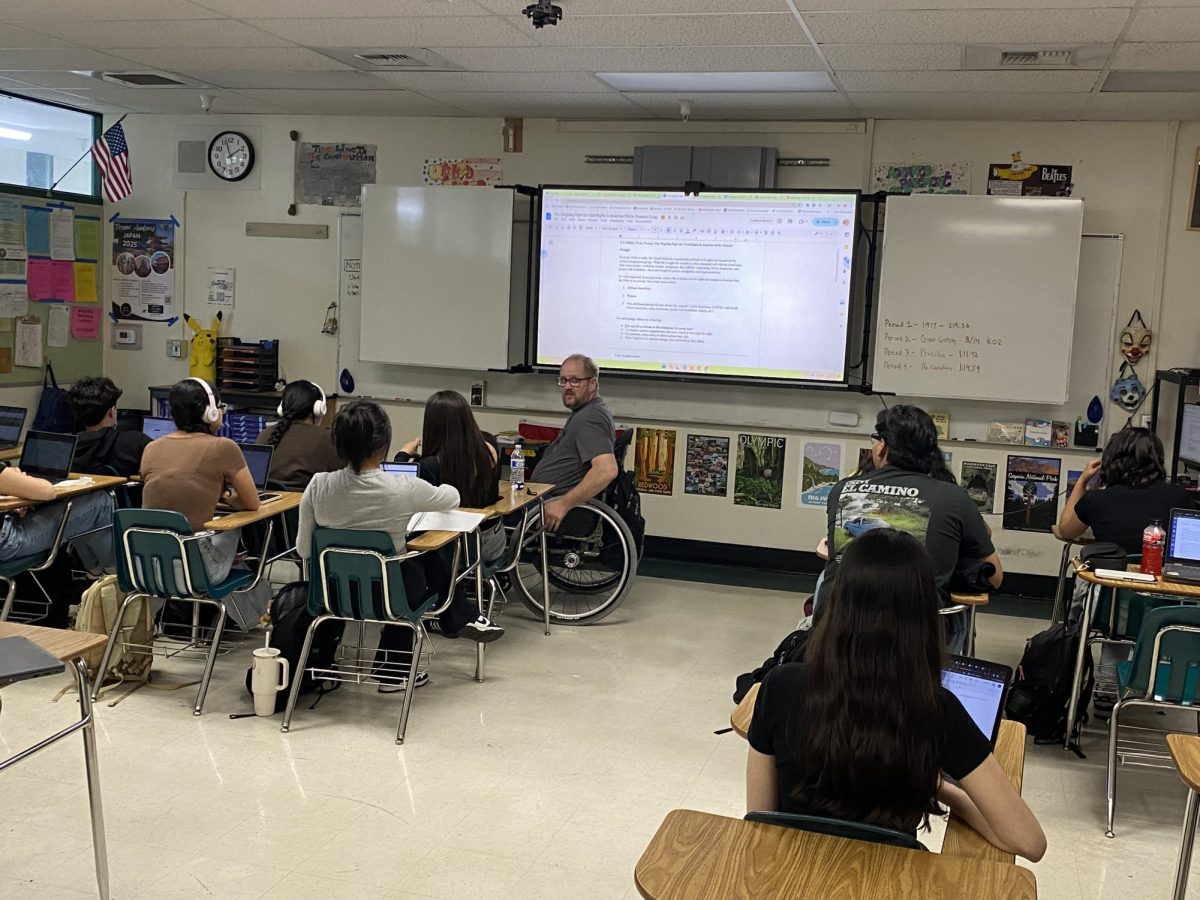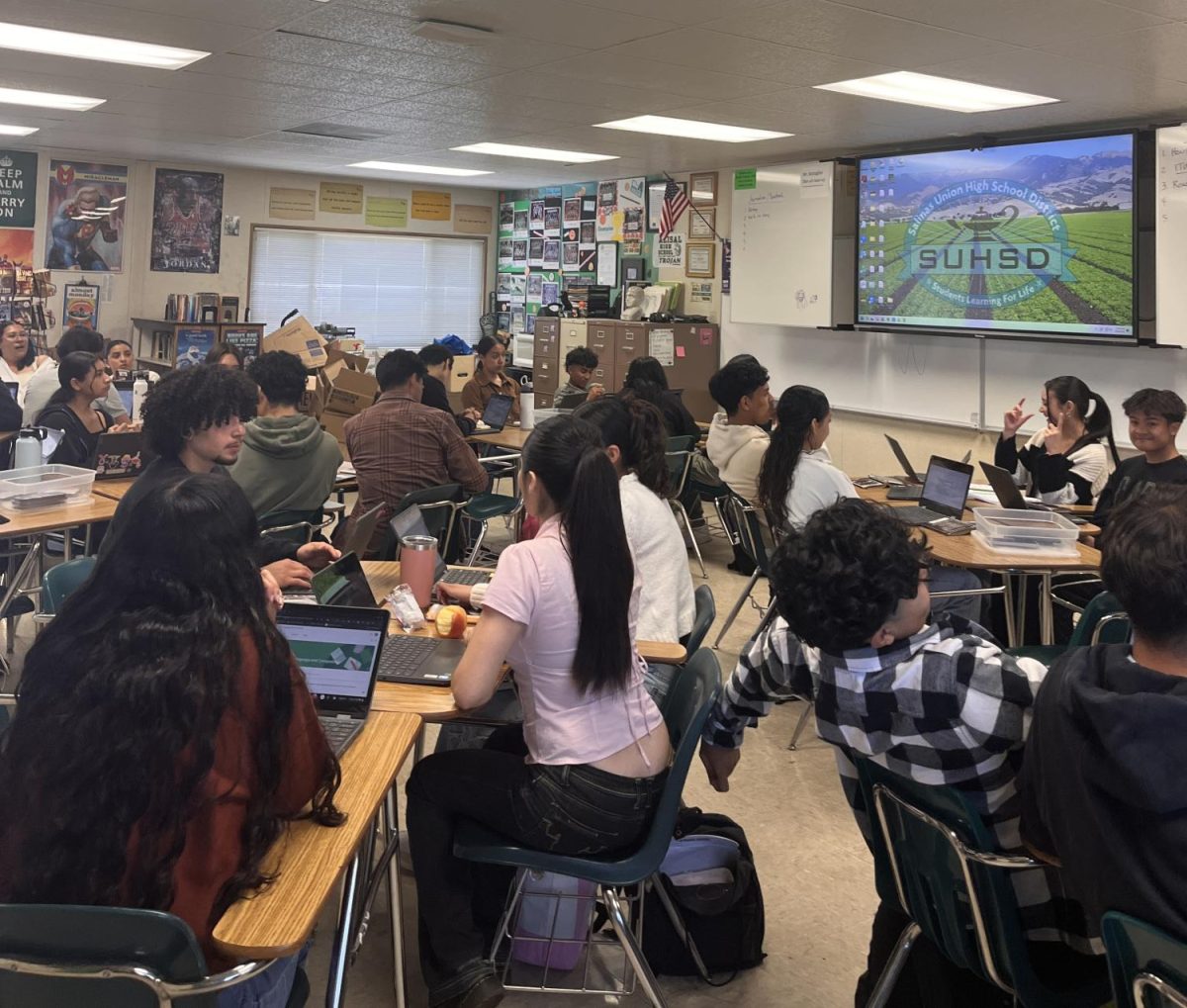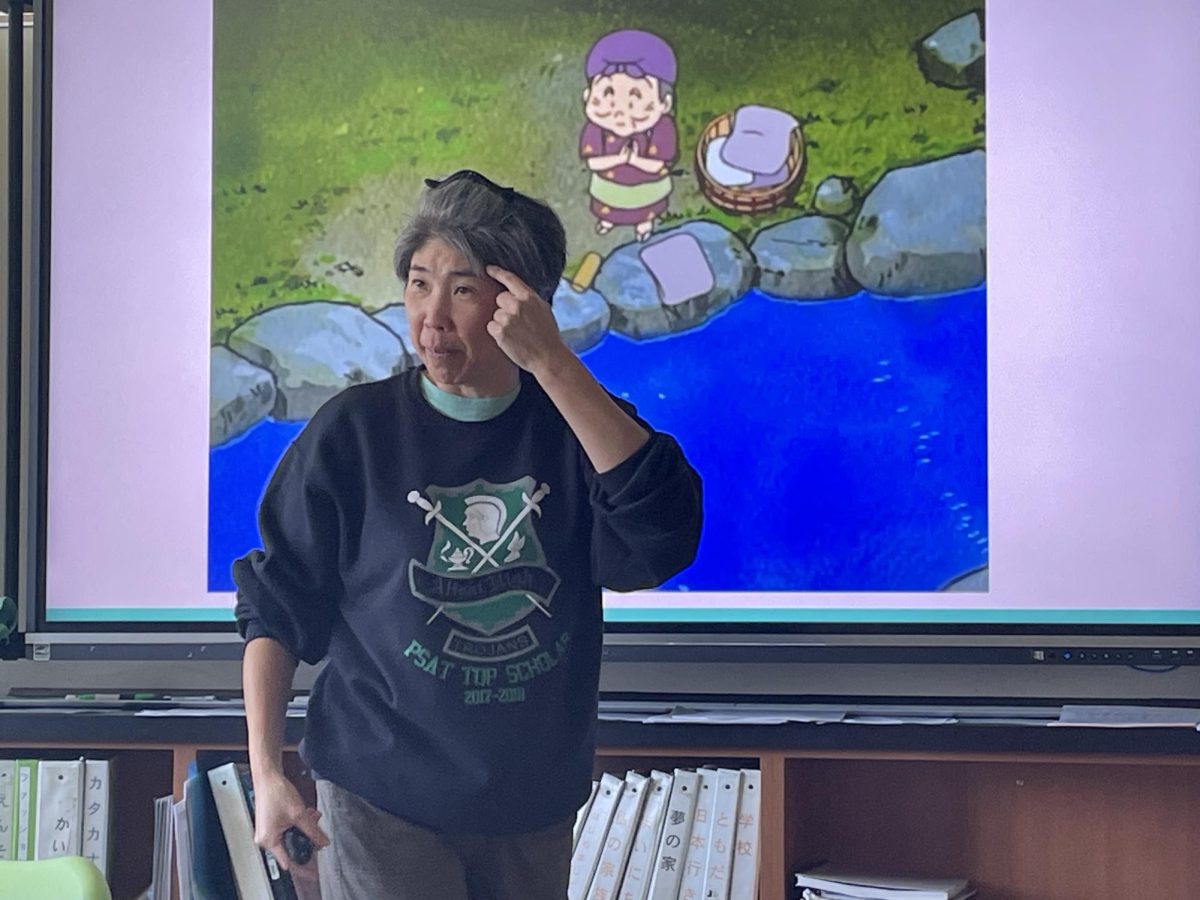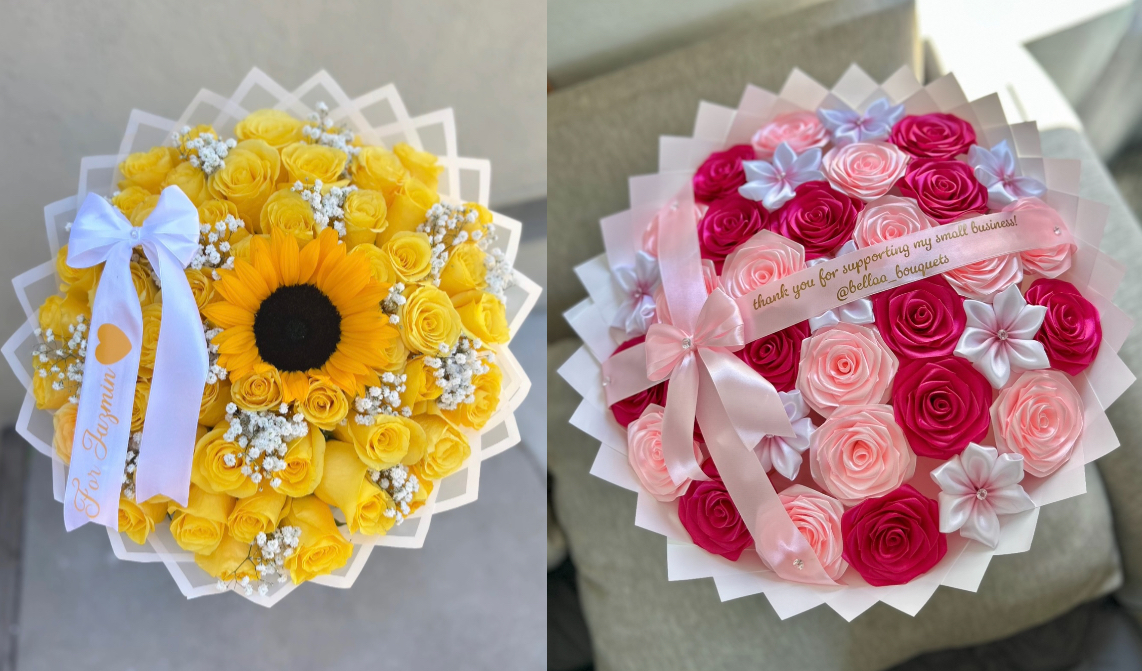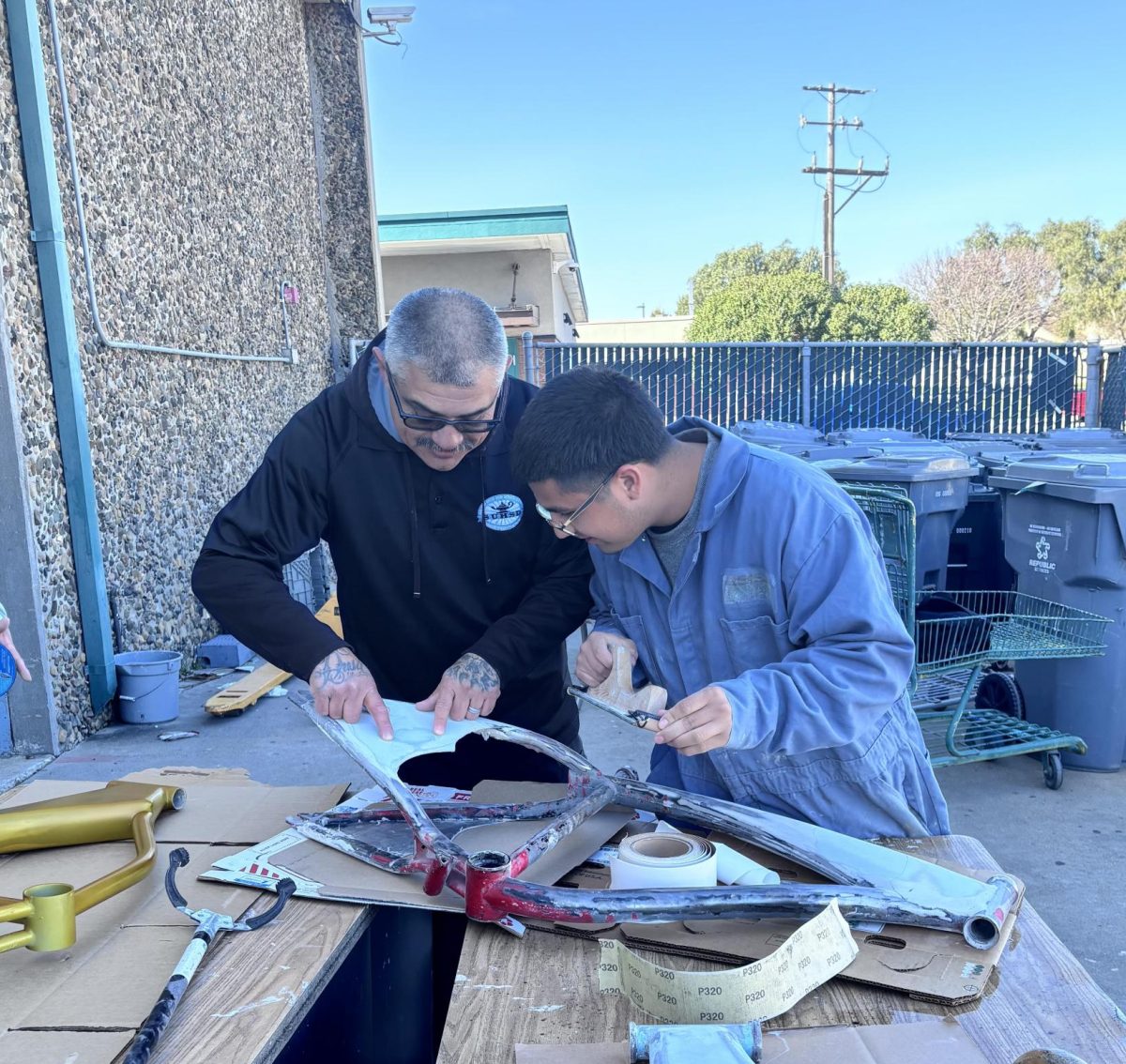Learning a new language can be intimidating and exciting at first, but it is up to you as to whether or not you decide to continue pursuing the language.
Going into high school I knew 2 years of foreign language would be required in order to graduate. As a person whose first language was Spanish then English, I knew I wanted to challenge myself and decided to not take Spanish. So when I had my meeting with my counselor, freshman year, I told them to sign me up to any language class except Spanish (though I was secretly hoping for French, after learning Harry Styles knew the language), I ended up with Japanese.
Initially, I was nervous to take the class since it was a completely new language. I had friends who were already taking Japanese and they would often talk about the work which at the time seemed to be challenging. These comments on the work and seeing how they were feeling only added to my nervousness. However, I decided to do it regardless because their experiences could be completely different from my own.
The class revolves around teaching students how to read, write, speak, and type in the different Japanese writing systems – hiragana, katakana, and kanji – which can be described as adopted Chinese characters. Aside from this, the class teaches you some basic words and phrases to help you navigate through common situations and Japanese culture such as bowing, class etiquette, and traditions.
At first, I was having a hard time keeping up with the class because, like many others, I had no clue what sensei was saying. The good thing about this was that I knew I wasn’t alone.
However, like in almost any other class there is always that one student who is way ahead of the game; and sure enough I had one of those in my class. That student made me feel stupid. He was able to understand most of what sensei was saying or at least get the main gist of it, while I was still stuck on remembering what “ogenki desu ka?” (how are you?) meant. Looking back now, I don’t know why I let that get to me. Somehow it never crossed my mind that this kid was probably learning the language prior to taking the class. It was either that or he was just really smart.
I’ll admit, my first year in the class was rough. I struggled a lot during the first semester and even most of the second semester. I was seriously questioning whether or not I had made the right decision by taking a language class that was so different from what I knew. Though I managed to get A’s both semesters, I couldn’t understand how. I didn’t feel like I was learning but I guess the effort I put out was enough to somehow keep that grade. It wasn’t until the end of that first year where I was finally able to grasp the language a lot better than before.
In the past, I would pay too much attention to the things I didn’t know, and I would forget to focus on the current things. I would constantly fall behind and by the time I understood something, like terms, phrases, and vocab, there would be something new to learn and memorize.
Every now and then sensei passes out a worksheet where you are able to check off the methods of studying you use and at the bottom you are able to ask questions. I had never used that bottom part before, but eventually I did. I asked sensei what she recommended I do to understand the language better and she recommended I practice writing in a journal to not only improve my writing but to also help me with my trouble understanding.
I can confidently say that this helped me out A LOT. Not only was my handwriting a lot more appealing to look at (and didn’t resemble chicken scratch), but because I was using the terms and vocab more to form new sentences it was becoming easier to remember what things meant and how they were meant to be used.
However, writing in the notebook was becoming a bit too boring and since summer break was around the corner I was desperate to find other methods of learning. I know a lot of the time teachers don’t recommend using apps on the internet or even Google because it often doesn’t teach you the correct words and terminology, but I took a chance and downloaded Duolingo.
So far Duolingo has been great. I was surprised at first, everything sensei had taught us I was able to review with the app. When school came back around and I started my second year in the class, I was already a bit ahead since the topics we were starting to learn I had already learned using the app. Obviously, it wasn’t all the same, but a lot of the vocab was and as sensei was teaching it had become a lot easier to understand the main gist of what she was saying.
Music is also something I use every now and then to practice. I’ve always loved music, so it’s been great being able to incorporate it into my learning. I usually try to follow along by reading the lyrics of the song to the best of my ability. It can be hard because of the kanji but once you understand the pronunciation it’s easier to follow along more smoothly.
Though I’ve yet to expand my knowledge on Japanese artists, I’ve become quite fond of the band L’Arc-en-Ciel, a rock band formed in 1991 and still active. Like many foreign artists, their songs include English lyrics, so being able to practice alternating from English to Japanese is something I try to practice as often as possible.
I’m no expert in the language, nor do I claim to be. I know I have a long way to go in order to be considered moderately fluent. For this reason I decided to take a third year of Japanese starting my senior year. I’m looking forward to it because even if I’m not an AP student in the class, according to sensei I’ll still have the opportunity to take the biliteracy test.
After high school, I hope to continue expanding my knowledge of the language. Whether it’s on my own or in a program in college, I’m looking forward to seeing how far I get.

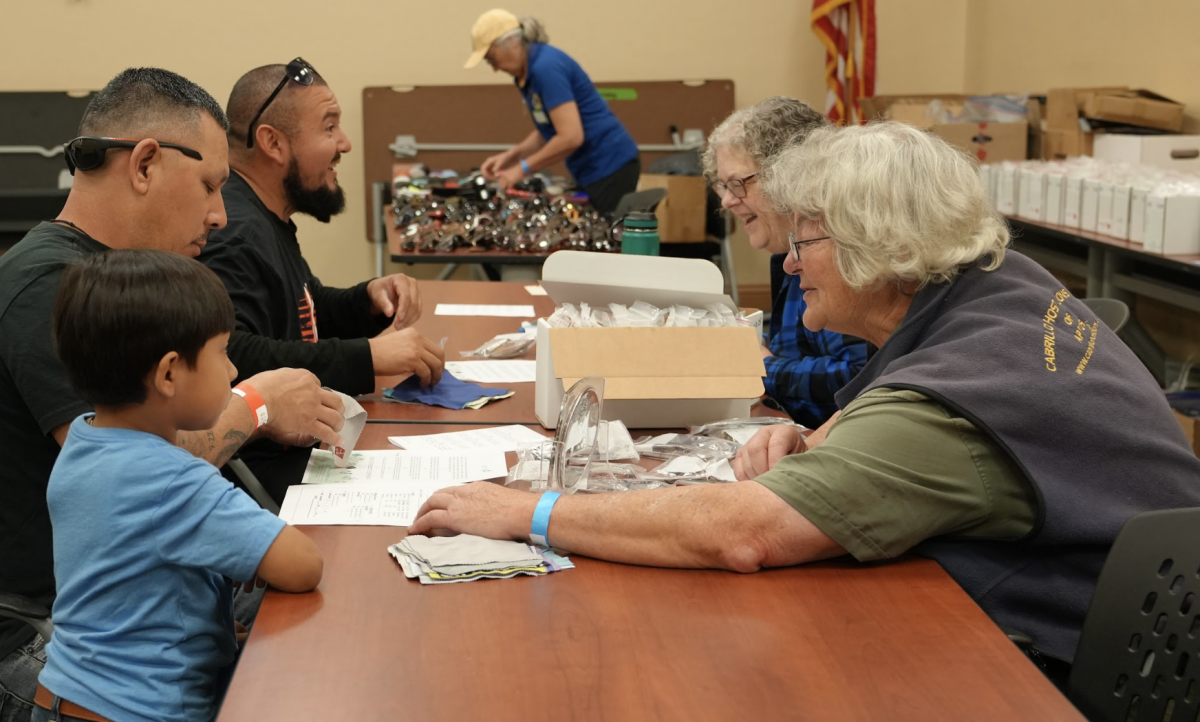
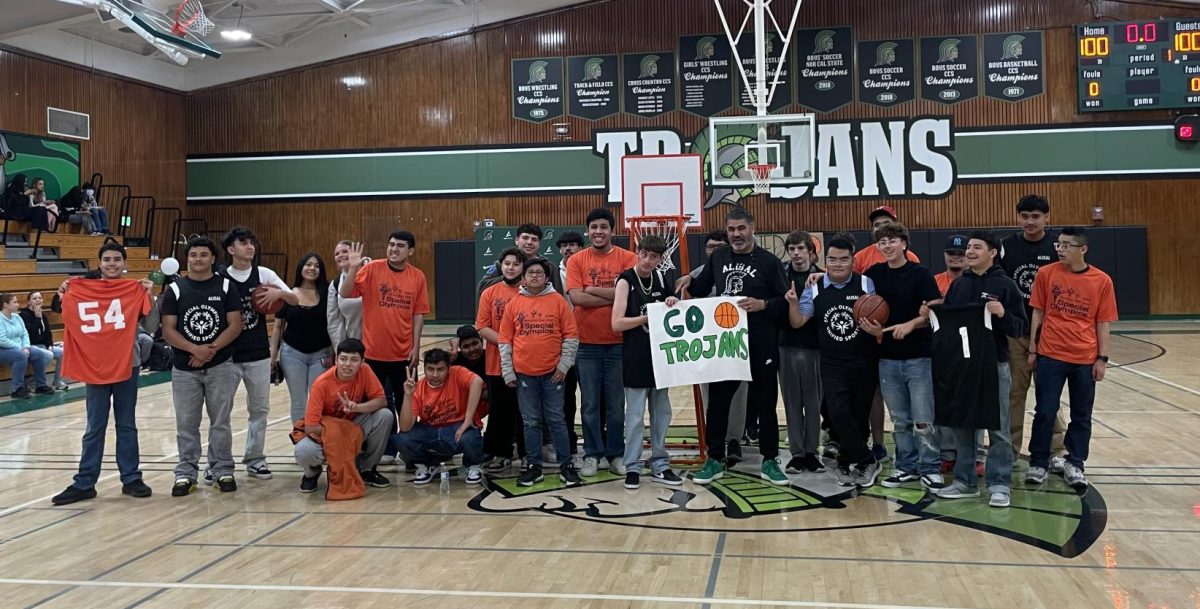
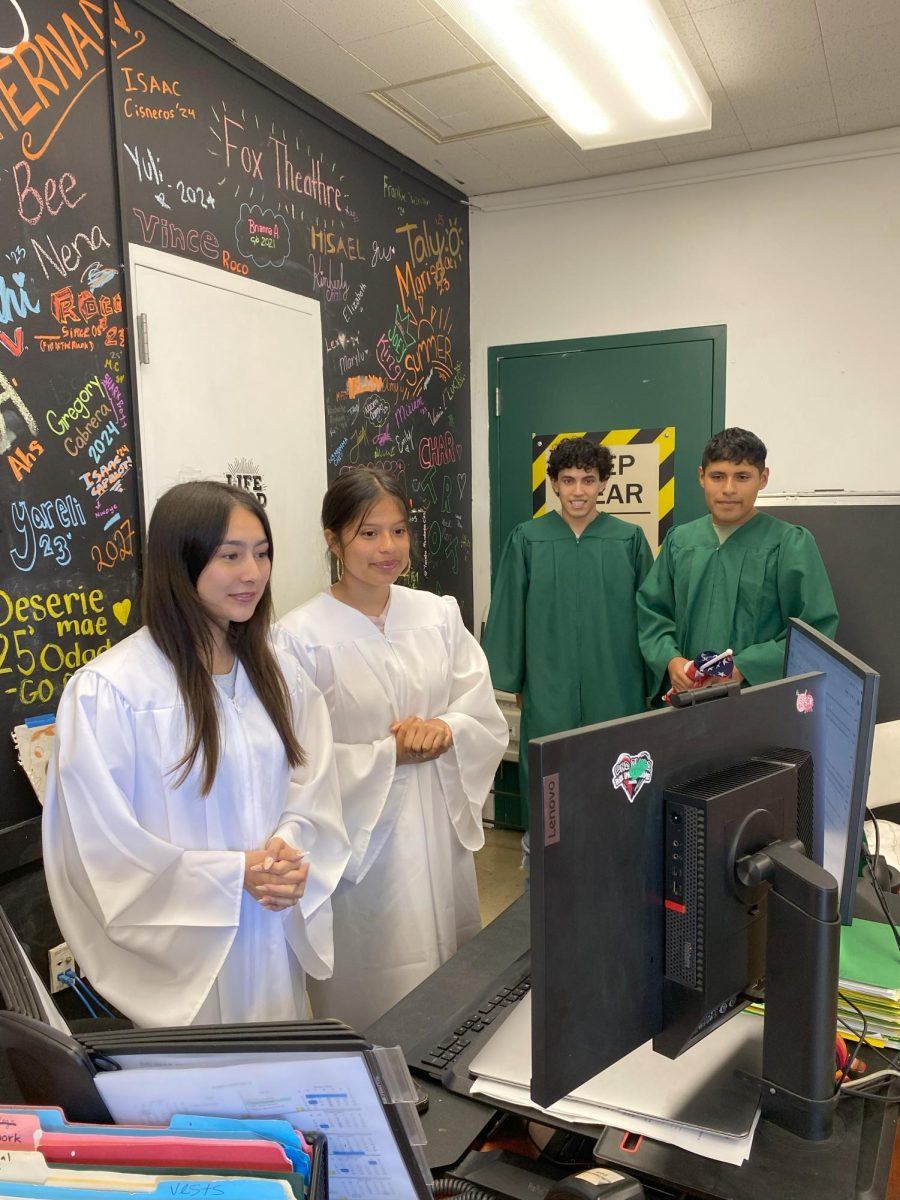

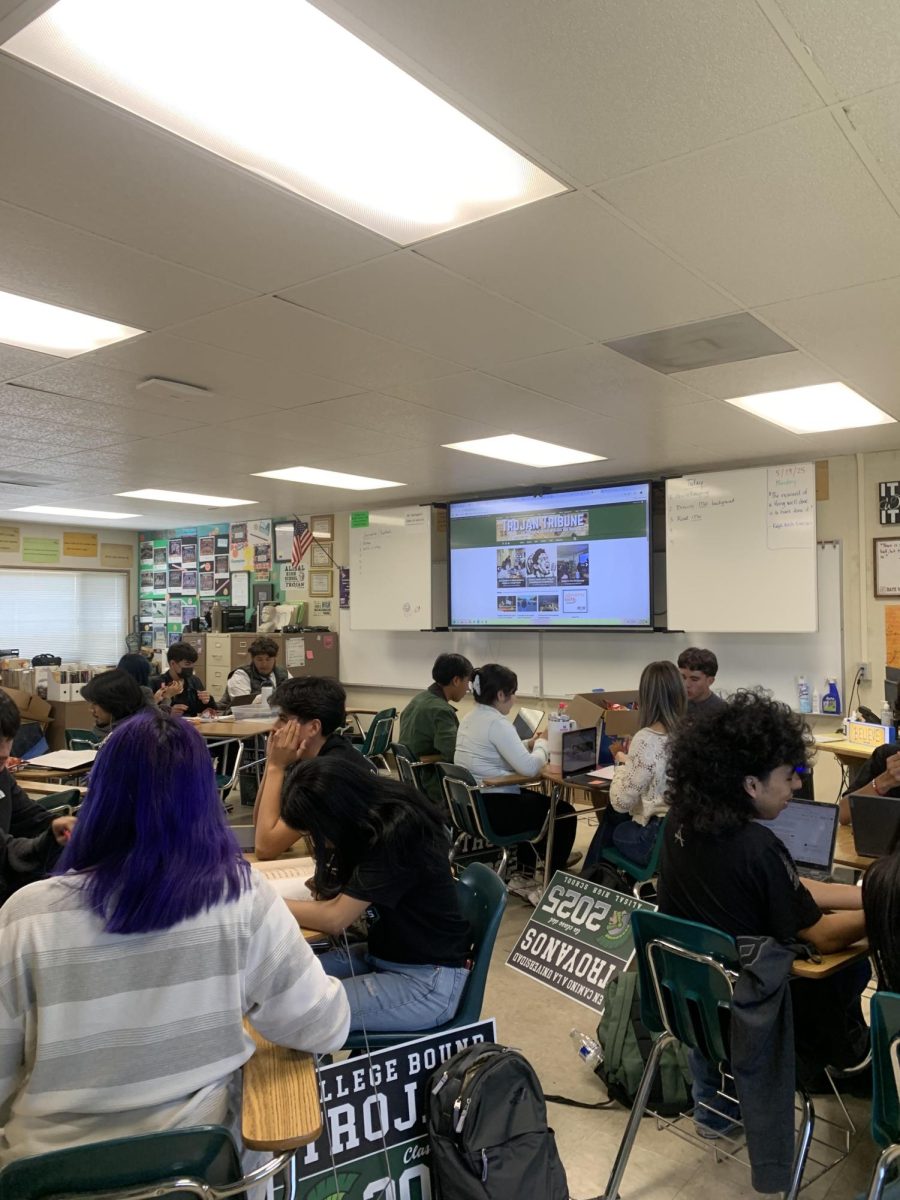
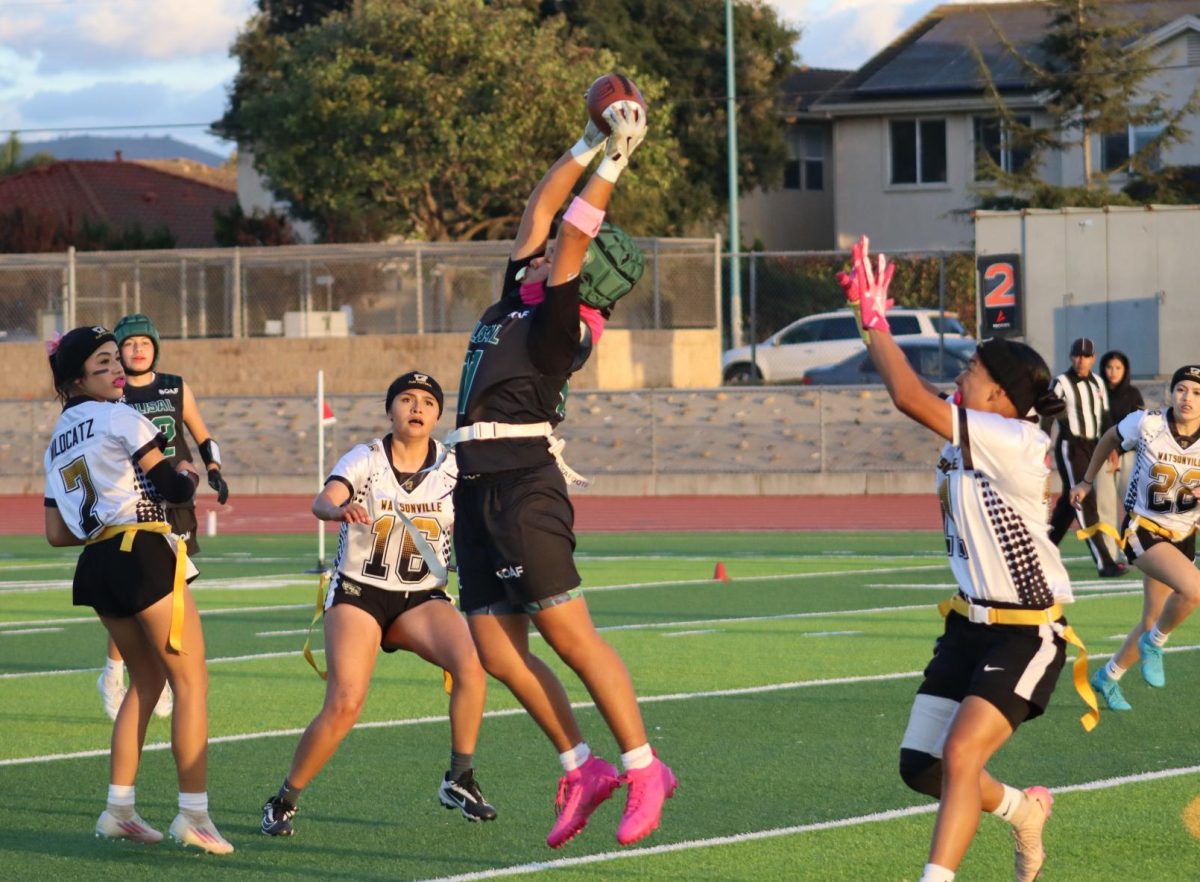
![Senior Jayden Duarte dives across the goal line for one of his five touchdowns in a dominant 62-40 victory over Monterey. It has been a highly successful season for Duarte, and he credits his coaches for putting him in positions to succeed and make key plays. “The goal is to help wherever the coaches need me, receiver, running back, [and] DB,” he said.](https://alisaltrojantribune.com/wp-content/uploads/2025/10/IMG_3599-2-1200x800.jpg)

